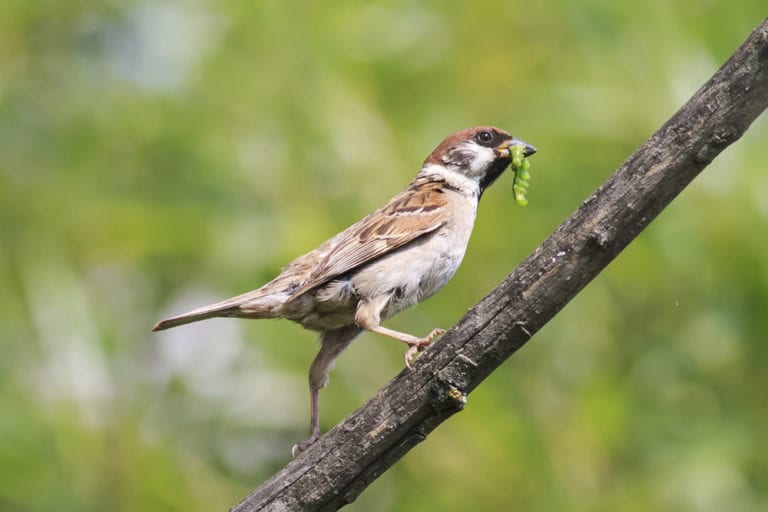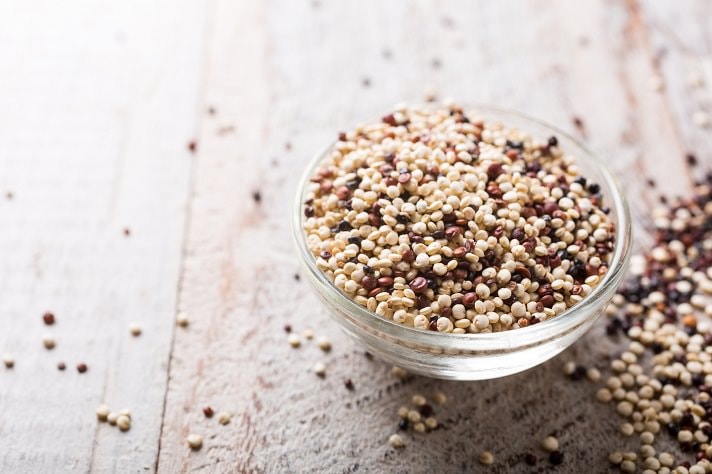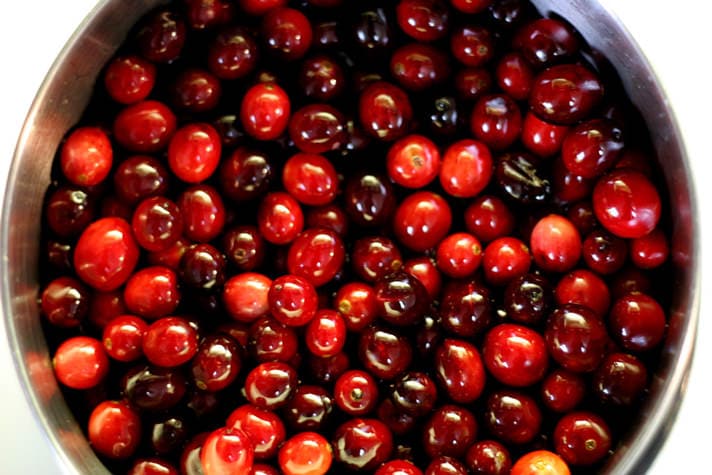Citrus fruits, such as oranges, tangerines, grapefruits, tomatoes and lemons are acidic. According to the United States Food and Drug Administration, Florida oranges and orange juice have an average pH of 4. Is this bad? Good? It depends on who you ask. Someone with a stomach ulcer might cringe at the thought of eating an orange. Or if you were told that lemon juice is so acidic it can cook a raw egg – albeit, it’d be one sour egg – you might pause to think how much lemon juice you want in your lemonade next time. So how does this affect your bird? First, let ‘s look over how acids and pH work in the human body.
What is pH?
It is a way of measuring the acidity or alkalinity of a substance. Most animals, including humans, have an average pH of 7 (the same as water), and your body needs to stay at this pH. If your body wasn’t at pH 7, you wouldn’t be alive. Luckily, our body has a natural buffer system, known as the acid-base homeostasis, which enables us to eat our favorite sour foods. When you eat certain fruits such as lemons, which have a pH of 2, your body has to make up the pH difference before the acid burns through your esophagus. It all happens in an instant; however, problems can occur. If you have too much acid (or too much alkaline) in your blood, you will have trouble eating certain types of foods and other health concerns.
Moderation Is Key
Being aware of the effect acids have on the human body can help you choose which fruits and vegetables to feed your birds. You can still feed your bird acidic fruit, but keep in mind that moderation is the key. You don ‘t want to give your bird a whole slice of orange and nothing else. Take off a little piece of orange for your bird, and offer it as a treat. Remember these tips next time your bird craves an orange or other acidic fruit:
1. If you allow your bird to drink orange juice, dilute it with water as much as possible.
2. Feed acidic fruits sparingly and in small amounts. Remember your portion sizes when it comes to fruits. Susan Chamberlain, in her Cage N ‘ Cooking article “Food, Air Filters, Cage Litter and More!” said “Remember, a ‘small’ portion doesn’t mean the size of a bird ‘s head – it’s more like the size of a bird ‘s eye!”
3. Ask your avian veterinarian’s opinion about feeding acidic fruits to your bird. If they have birds of their own, you might find that they feed acidic fruit to their birds and have never had any issues.
Posted by: Chewy Editorial
Featured Image: Kolotygin Igor/Shutterstock.com
Bird Food?
Share:









